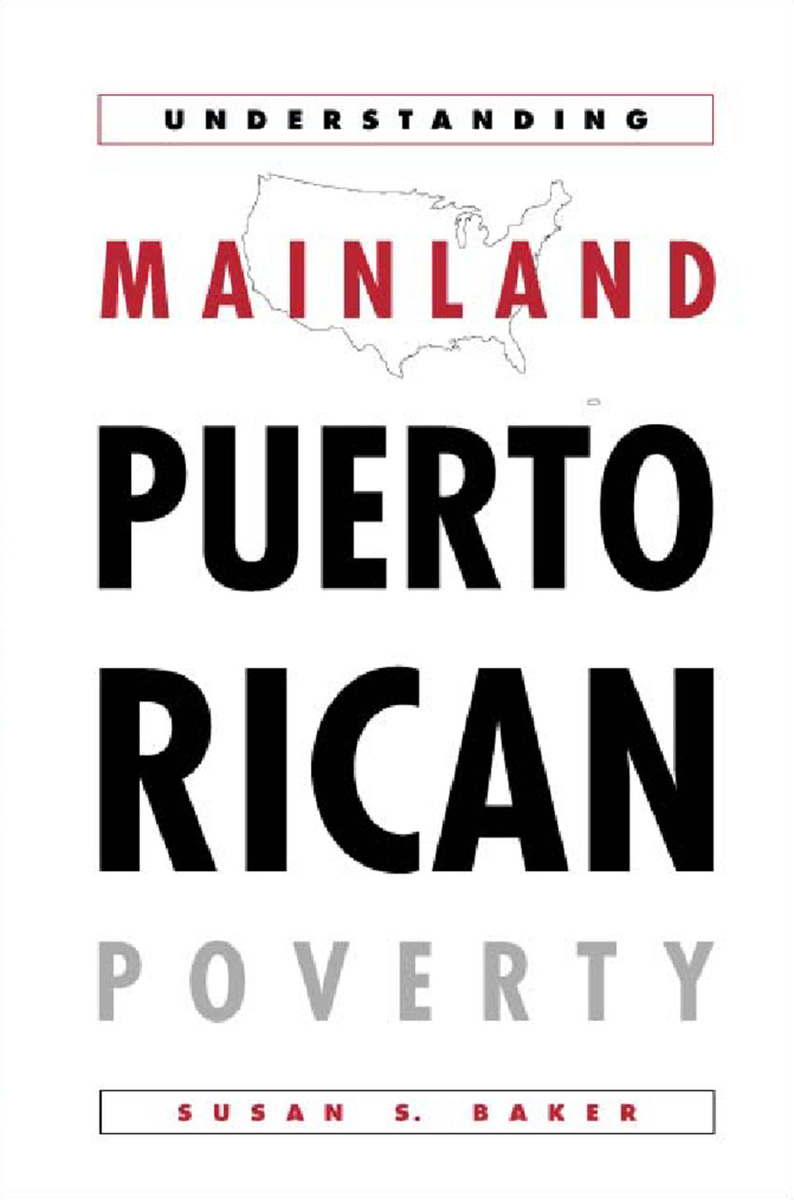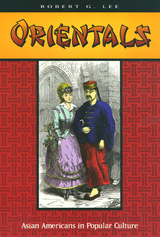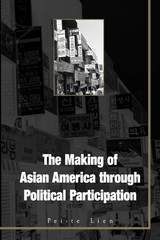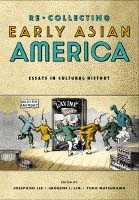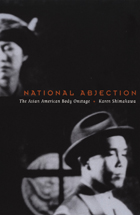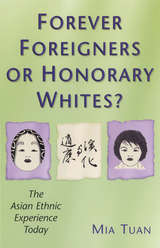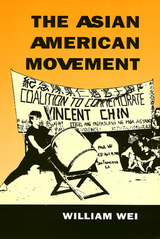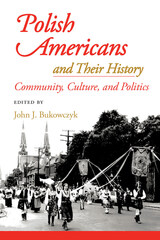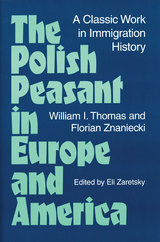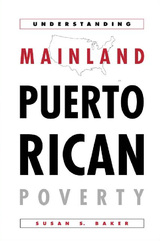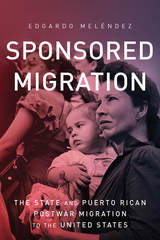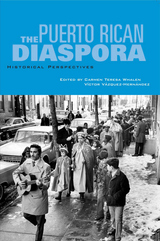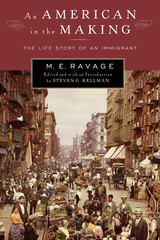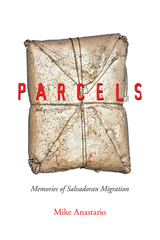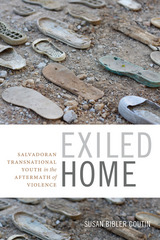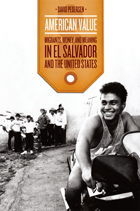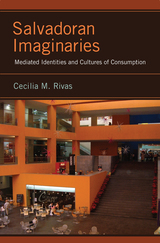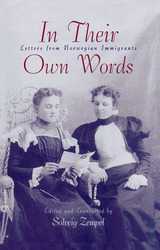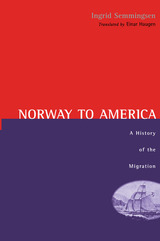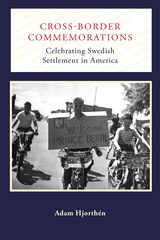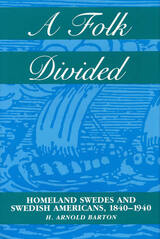Understanding Mainland Puerto Rican Pov
Temple University Press, 2002
Cloth: 978-1-56639-969-2 | eISBN: 978-1-4399-0643-9 | Paper: 978-1-56639-970-8
Library of Congress Classification E184.P85B35 2002
Dewey Decimal Classification 339.46097295
Cloth: 978-1-56639-969-2 | eISBN: 978-1-4399-0643-9 | Paper: 978-1-56639-970-8
Library of Congress Classification E184.P85B35 2002
Dewey Decimal Classification 339.46097295
ABOUT THIS BOOK | AUTHOR BIOGRAPHY | REVIEWS | TOC | REQUEST ACCESSIBLE FILE
ABOUT THIS BOOK
For too long the study of impoverished Puerto Ricans living in the fifty states has been undermined by the use of broad generalizations. Puerto Ricans have been statistically grouped with all Latinos, studied with models developed for understanding African-American life, and written about as if New York's Puerto Rican community was the only such community worthy of detailed study. This book changes all that. In this important new work, Susan Baker looks beyond the traditional models and rewrites the origins, current state, and reasons behind Puerto Rican poverty.The book tells the story of how Puerto Ricans have left the Rustbelt cities to return to the island or to seek job opportunities elsewhere. Those left behind are predominantly poor women with dependents who live in segregated neighborhoods with little chance of finding low-skilled jobs because of competition from non-citizen, non-politicized workers.In her alternative explanation, the author presents data from across the country and puts forth an explanation that is grounded in Puerto Rican history and sensitive not only to the interconnectedness of the island and mainland population, but also the increasing distress faced by Puerto Rican women and the sad truth that Puerto Rican citizenship in this country is a second class one.
See other books on: 1981-2001 | Hispanic & Latino Studies | Poverty | Puerto Ricans | Statistics
See other titles from Temple University Press
